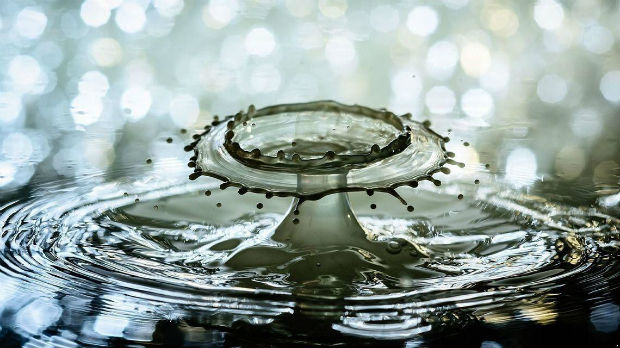Your web browser is out of date. Update your browser for more security, speed and the best experience on this site.
- Home
- News
- BOGE Updates
- Why is there Water in my Compressor?
Why is there Water in my Compressor?
Sunday, December 15. 2019

If you have water in your air compressor, it can cause erosion and contamination, both of which must be avoided during sensitive applications. Reasons for finding water in a compressor include environmental moisture, sealant or valve failure, inappropriate operation, and poor maintenance.
BOGE Singapore offers compressors that are built to minimize instances of unwanted water contamination. They are a great option for those concerned about this issue.
If you do find water in your air compressor system, then read on to find out why this happens and what you can do about it.
How Water Can Damage an Air Compressor
When excessive moisture is present in compressed air, it can damage equipment and be hazardous to human health. Both scenarios can be devastating to any business that needs reliable and clean compressed air.
If left untreated, unwanted moisture can cause:
- Corrosion to piping, valves, seals, and other equipment
- The tripping of warning systems which shuts down compressors, resulting in expensive retooling and rebooting
- Rusting of metal parts
- Dilution and washing away of lubricants required for safe operation
- Ice damage in colder environments
- Expensive continual maintenance and shorter air compressor lifespan
- Bacteria entering products and/or being consumed by customers
- Electrical shorting
- Discoloration of products
- Spoiling of products
When moisture accumulates, it can damage more than just the air compressor unit. It can also corrode elements within power tools and even seep into surrounding factory, chemical, or medical environments causing untold damage.
How Does Water Get Into My Air Compressor?
Air naturally has water vapor within it, especially air that has been expelled through breathing. It is present due to the abundance of water within our planet's atmosphere. The main contributing factors to water in an air compressor are:
- Ambient Air Humidity: If the air around the compressor intake has high humidity, then it is likely that some water will enter the compressor before any filtration takes place. The amount of moisture will depend on the air humidity levels, which can be particularly high in some parts of the Asia-Pacific region.
- Temperature: Higher ambient air temperatures will have a direct affect on the amount of moisture present. Higher temperatures cause water to evaporate and then condense on colder surfaces such as metal. This can happen outside and inside an air compressor unit. It can also happen inside piping.
- Pressure: Air pressure will also produce varying amounts of moisture. The higher the pressure, the more resulting condensation. This occurs as water particles in the air are squeezed together to form larger amounts. Pressure can be affected both by the immediate environment and how much compression the air compressor unit is creating.
- Ice: Cold temperatures produce drier air because they freeze the water particles in the air. Those particles become heavier and then fall to the ground creating a layer of frost. However, when this layer of frost occurs inside an air compressor or on the outer casing, the heat from the compressor can then melt this ice. This results in more moisture released into the system.
- Compressor Parameters: This leads us to the last reason for moisture in a system, which comes down to the compressor parameters. We'll discuss these below.
How To Reduce Moisture in my Compressor
There are three approaches to reducing moisture in a compressor: Parameters, Environment Control, and Processing. Let's look at each.
- Parameters: The compressor parameters will affect how much moisture is in your system. By altering these parameters, you can reduce the amount of moisture present. However, this is not always ideal as sometimes you need your air compressor to operate at a specific volume. Buying a compressor that operates at lower temperatures is a great start, but reducing the flow rate of the compressed air will also result in lower moisture saturation.
- Environment Control: Another way to control the amount of moisture in your air compressor is to control the environment so that the ambient air is dryer and at a good temperature – not so cold as to freeze any moisture and not so warm that water condenses. In an open environment, this is difficult, but in a closed environment you could use air conditioners and dehumidifiers to control the ambient air.
- Processing: The best way to control the amount of moisture in your system is to include moisture separators, after coolers, air receivers, and/or adsorption dryers. BOGE Singapore offers a complete suite of these processing units for air treatment, available to order today.
Protect Your Compressor From Moisture
We hope you've found our article helpful. If you have any other queries about water inside a compressor or anything else, please don't hesitate to contact one of our trained experts today.